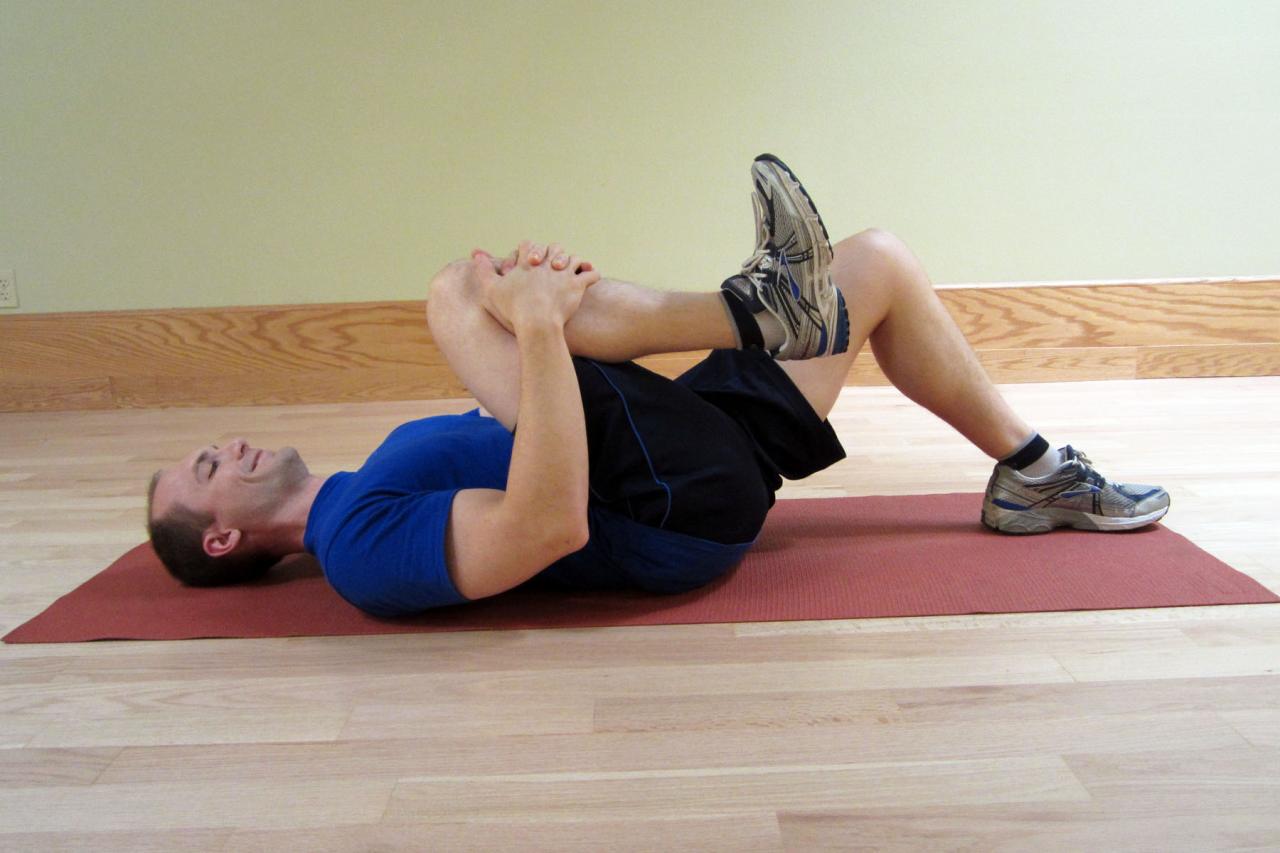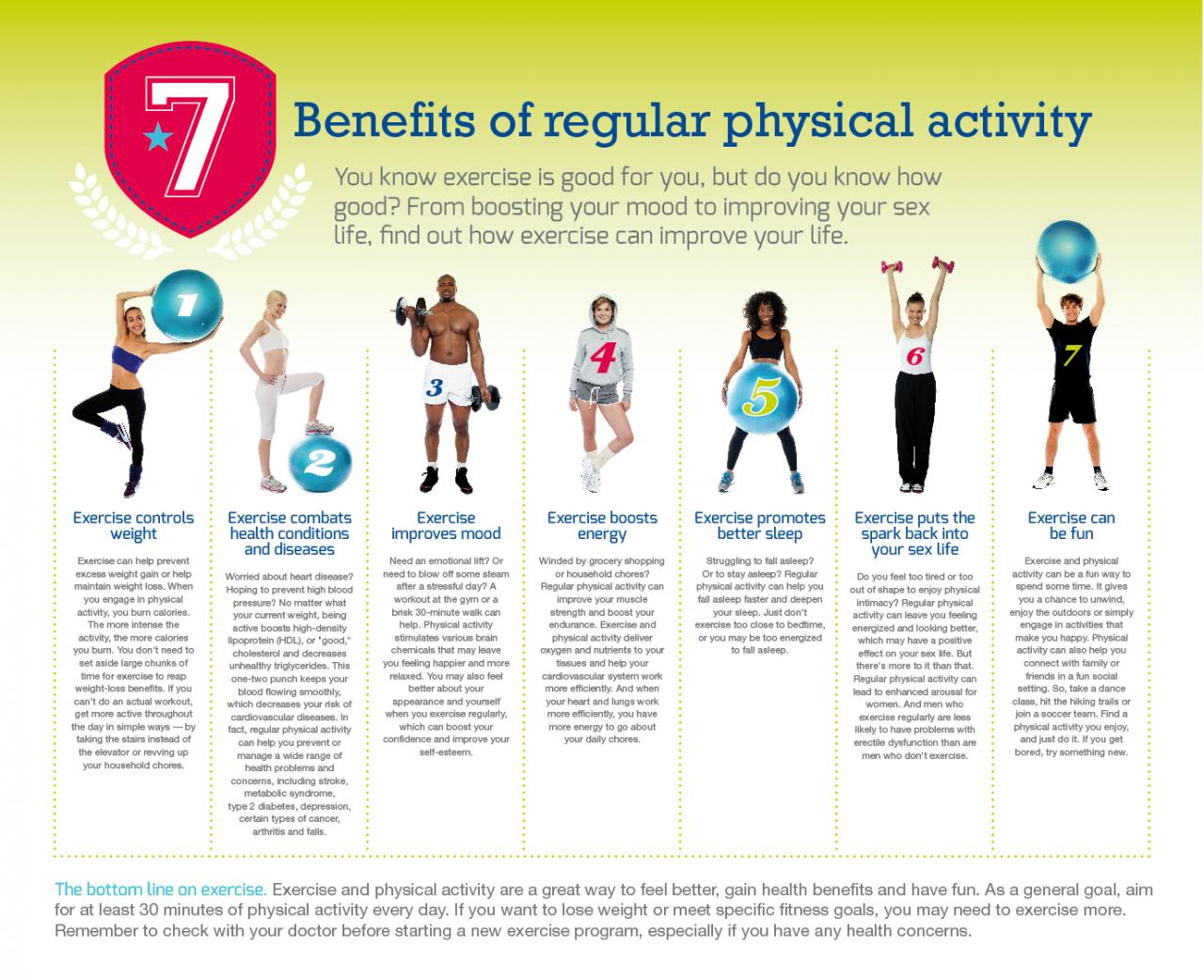
Explain why regular exercise is the best way to prevent flexibility issues. – Regular exercise is widely recognized as the most effective method to prevent flexibility issues. This comprehensive guide delves into the importance of flexibility, the causes of flexibility problems, and the remarkable benefits of exercise in maintaining optimal joint mobility.
In celebration of Mother’s Day, families across the nation are sending heartfelt messages to their beloved mothers. Whether your mother is still with you or has passed on, the day is a time to express gratitude and appreciation. For those who have lost their mothers, heavenly Mother’s Day offers a special way to honor their memory.
Maintaining flexibility is crucial for overall health and well-being. It enhances mobility, reduces the risk of injuries, and improves performance in daily activities. However, factors like a sedentary lifestyle, aging, and certain medical conditions can lead to reduced range of motion and increased muscle stiffness.
Why Regular Exercise is the Best Way to Prevent Flexibility Issues

Maintaining flexibility is crucial for overall health and well-being. It enhances mobility, reduces the risk of injuries, and improves performance in daily activities. Regular exercise is the most effective way to prevent flexibility issues by promoting muscle elasticity and joint mobility.
Importance of Flexibility, Explain why regular exercise is the best way to prevent flexibility issues.
Flexibility is essential for a wide range of body movements, from walking and reaching to bending and stretching. It contributes to improved posture, balance, and coordination. Moreover, maintaining flexibility helps reduce muscle soreness, stiffness, and pain, promoting overall comfort and well-being.
From heartfelt wishes to thoughtful gifts, people are finding unique ways to celebrate the special women in their lives. Mother’s Day wishes range from traditional expressions of love to humorous and creative messages. Snoopy, the beloved cartoon character, has also joined the celebration, with special Mother’s Day greetings that bring smiles to faces.
Causes of Flexibility Issues
Flexibility issues can arise from various factors, including:
- Sedentary lifestyle: Lack of physical activity leads to muscle shortening and reduced range of motion.
- Aging: As we age, our muscles and tendons naturally lose elasticity, contributing to decreased flexibility.
- Certain medical conditions: Some medical conditions, such as arthritis and muscular dystrophy, can affect muscle and joint function, limiting flexibility.
Benefits of Regular Exercise for Flexibility
Regular exercise plays a vital role in improving flexibility by:
- Stretching muscles: Exercise helps elongate muscles, increasing their range of motion and flexibility.
- Strengthening muscles: Strong muscles support and stabilize joints, allowing for greater flexibility.
- Improving cardiovascular health: Cardiovascular exercises increase blood flow to muscles, delivering oxygen and nutrients that promote muscle recovery and flexibility.
Types of Exercises for Flexibility
Incorporating specific exercises into your routine can target different muscle groups and enhance flexibility:
- Static stretching:Holding a stretch for an extended period (10-30 seconds) to improve muscle elasticity.
- Dynamic stretching:Involving controlled movements to prepare muscles for activity and increase range of motion.
- Yoga:A practice that combines stretching, strengthening, and balance exercises to enhance flexibility and overall well-being.
- Tai chi:A gentle exercise that incorporates slow, flowing movements to improve flexibility, balance, and coordination.
Incorporating Exercise into a Routine
Consistency and gradual progression are key to maintaining flexibility through exercise:
- Start slowly: Begin with short exercise sessions (10-15 minutes) and gradually increase duration and intensity.
- Warm up: Always warm up before exercising to prepare muscles for stretching and movement.
- Cool down: After exercise, cool down with gentle stretches to prevent muscle stiffness.
Other Factors Contributing to Flexibility
Beyond exercise, other factors can influence flexibility:
- Nutrition:A balanced diet rich in fruits, vegetables, and whole grains provides nutrients essential for muscle health and flexibility.
- Hydration:Staying well-hydrated keeps muscles hydrated and supple, promoting flexibility.
- Sleep:Adequate sleep allows muscles to rest and recover, maintaining flexibility.
Final Wrap-Up: Explain Why Regular Exercise Is The Best Way To Prevent Flexibility Issues.

Incorporating regular exercise into your routine is essential for maintaining flexibility. By promoting muscle elasticity and joint mobility, exercise helps you move with ease and prevent flexibility issues. Remember to prioritize consistency and gradual progression in your exercise program, and don’t forget the importance of nutrition, hydration, and sleep in supporting your flexibility journey.
FAQ
What are the benefits of flexibility?
As we celebrate Mother’s Day, it’s important to remember the importance of health and well-being. For those experiencing lower back pain, lower back exercises at home can provide relief and improve flexibility. Regular exercise is crucial for maintaining overall health, and explaining why regular exercise is the best way to prevent flexibility issues can motivate individuals to prioritize their health.
Flexibility improves mobility, reduces injury risk, and enhances performance in daily activities.
What causes flexibility issues?
Sedentary lifestyle, aging, and certain medical conditions can lead to reduced flexibility.
How does exercise improve flexibility?
Exercise promotes muscle elasticity and joint mobility through stretching, strengthening, and cardiovascular activities.







